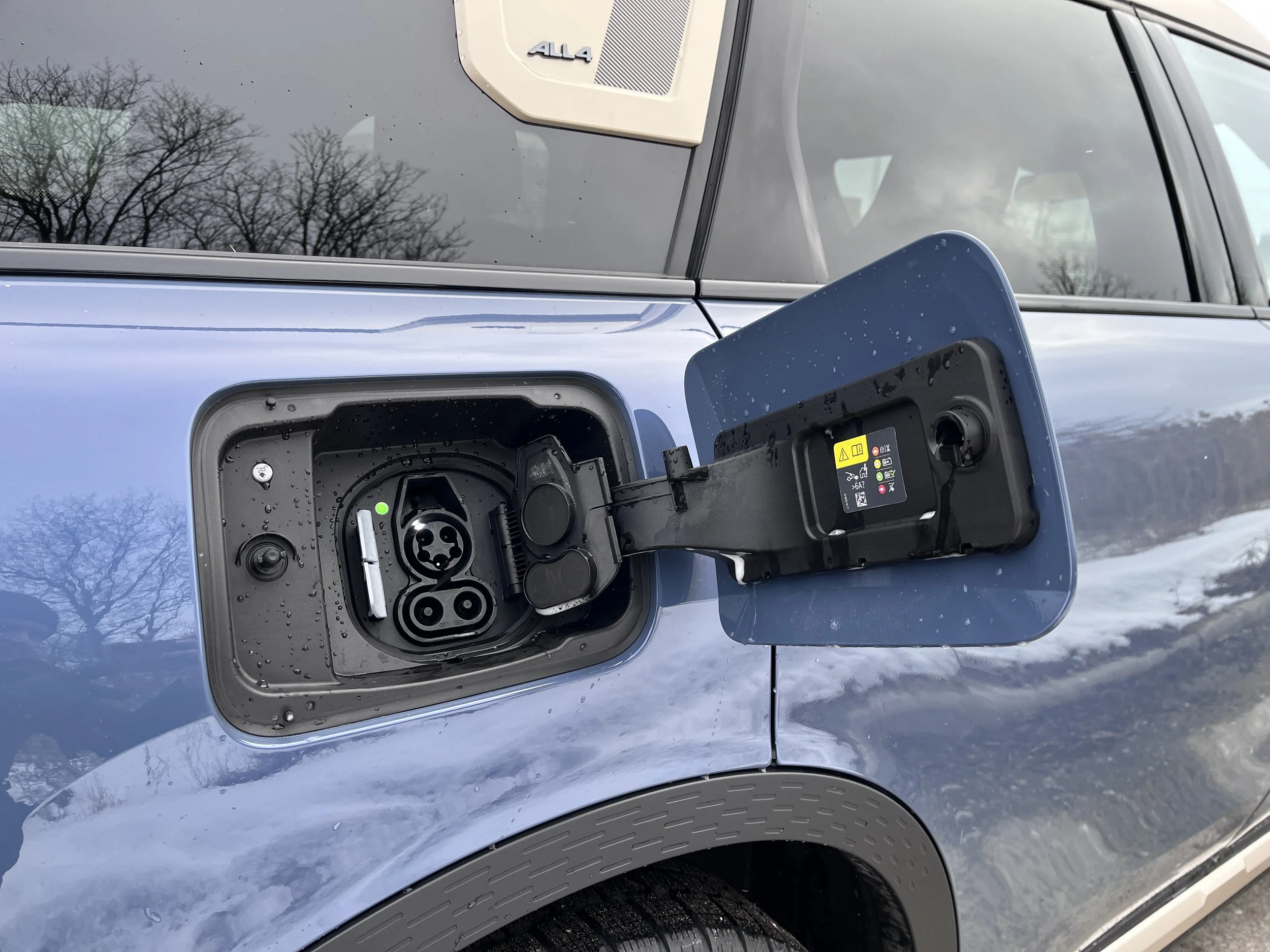The Immediate Steps You Need to Take After a Loved One Passes Away
/When a loved one dies, it can be difficult to know what to do, especially if you are the only person responsible for arranging everything. The first piece of advice that we can offer, before getting into the necessary steps, is that you need to take a deep breath, relax, and collect your thoughts. If you rush into this kind of thing, you will undoubtedly stress yourself out even more than you are and might make mistakes.
This article will tell you what the immediate steps you need to take after a loved one passes away are.
Get a Medical Certificate
The first thing that you need to do is to get a medical certificate. A medical certificate can take between three-to-five days to arrive, but it is important you request one as soon as possible. If the person has died in hospital, you can request a medical certificate directly from the hospital and will usually receive it immediately, or if they have died at home, you can request a medical certificate from their doctors’ surgery, which takes longer. A medical certificate is free. The only time that you would not need an immediate medical certificate would be if there was a coroner’s inquest taking place, in which case you would receive one after the inquest has been completed.
Register the Death
You generally have to register your loved one’s death within two to eight days of their passing. The time depends on the state, if in the USA, or your country. Registration of a person’s death does cost money, though it is not usually much more than 15 dollars. If you want additional copies, then you may have to pay slightly more. Usually it is best to get multiple copies of the death registration at one time. To register a death, you will need the deceased’s identification, as well as evidence that you are some relation to them.
Funeral Arrangements
After acquiring a medical certificate and registering the death, you will need to move onto funeral arrangements, which is usually the most stressful part. You can contact a funeral director which makes things much easier, though some prefer to arrange the funeral themselves. An alternative to burial to think about is cremation, which also gives you the opportunity to have your loved one’s ashes stored inside an urn. Urns, say the urn specialists from https://www.greenmeadowmemorials.com/, allow you to keep your loved one close. You may still want to arrange a service if you do opt for cremation, but that is entirely up to you. Before considering cremation, think about whether your loved one was religious, and if so, does their religion permit cremation?
Return the Person’s Identification Documents
In the wake of your loved one’s death, your government will likely expect you to return the deceased’s passport, drivers license, and any other government-issued documentation. This is to prevent fraud. You might be written to to ask for you to return the aforementioned documentation, or you might not. If you are not, it may be best for you to reach out and offer the documentation back. Keeping a loved one’s identification as a memento might seem tempting, but in some places it is illegal, so do not risk it.
Insurers and Creditors
Another important thing to do in the aftermath of a loved one’s death is to phone around to their insurers and their creditors. You need to instruct these people that the person has died, and thus, will be unable to repay any loans, their mortgage, or continue with insurance payments. It will be expected for you to contact them, as nobody else will. The sooner you cancel these loans and debts, the sooner the person’s will can be arranged, their debts paid, and everything can be sorted as far as the financial aspects are concerned.
Phone Organizations and Friends
It is important to phone any organizations that your loved one has contact with, as well as friends, and their job, to notify them of their death. Phoning around individually will give people the opportunity to learn first-hand what has happened, rather than finding out from somebody not connected to the deceased. It is also important so that organizations involved with your loved one can remove their details from their systems, so their job can find another person to fill the position, and so that friends have the opportunity to grieve.
The death of a loved one can be traumatic. A point that we did not mention in this article, but a point we must mention, is that you have to grieve yourself and find time to relax. You cannot manage all of the things mentioned on this page unless you give yourself room to breathe.












